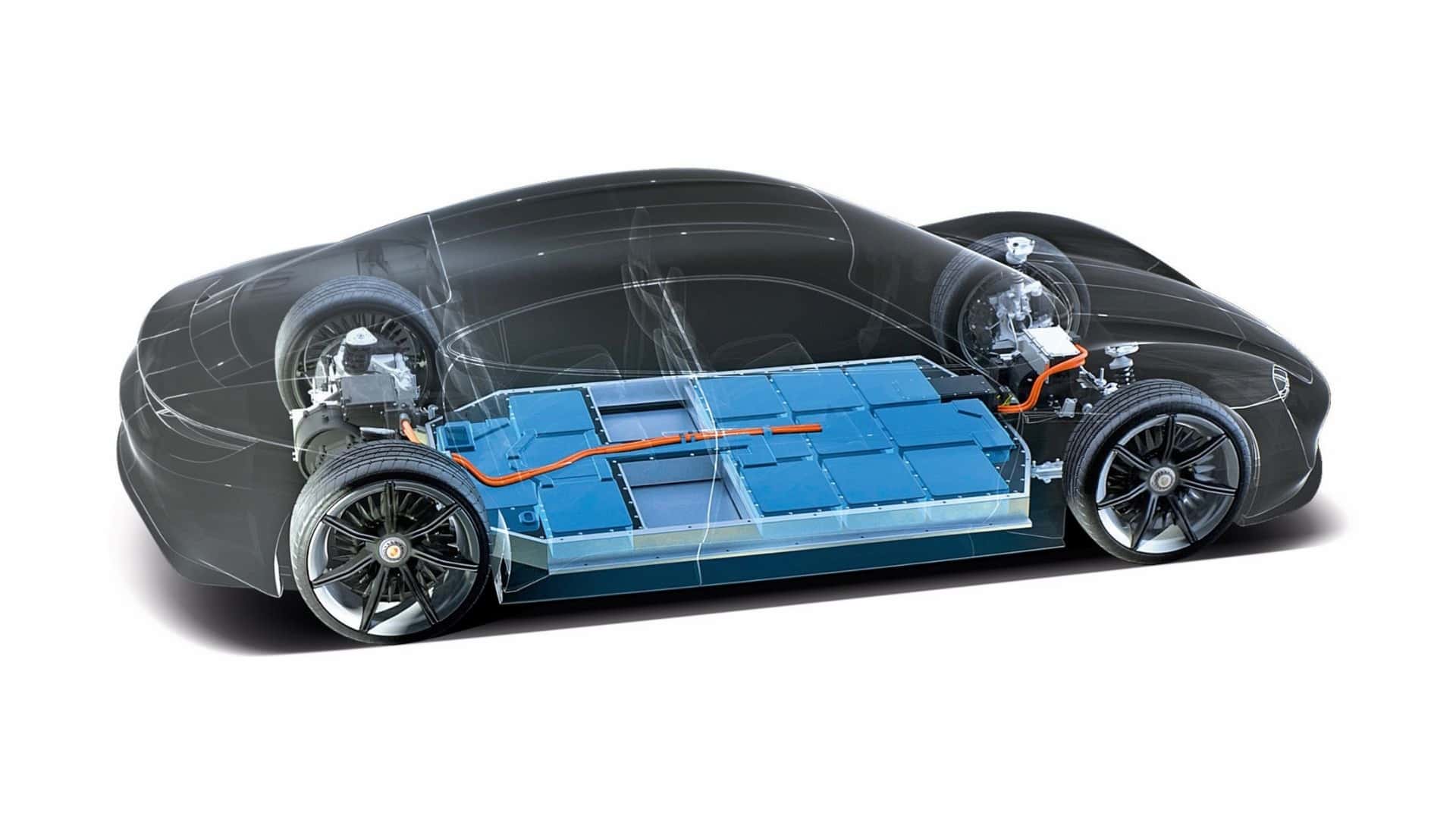
"Porsche is abandoning plans to make its own high-performance electric vehicle batteries due to slower-than-expected demand for EVs and "challenging conditions" in the U.S. and China. On Monday, the company announced that its battery division, Cellforce, will scale down operations and shift focus to cell research and development. Battery production is brutally expensive, requiring billions of dollars in upfront investment and scale that's tough to achieve. And Porsche said it no longer saw a viable path forward for producing its own cells, given the pace at which the EV market is developing."
"Porsche's EV sales are growing. EVs and hybrids made up 36% of the automaker's global sales in the first half of 2025. About 60% of the Macan's 45,137 sales worldwide in the first two quarters of 2025 were the fully electric trims, which is nearly 26,000 units. And in the second quarter of this year, Taycan sales in the U.S. increased 31% year-over-year, from 807 units to 1,064 units."
""For volume reasons and a lack of economies of scale, Porsche is no longer pursuing its own production of battery cells," Oliver Blume, CEO of both Porsche and its parent company, the Volkswagen Group, said in a statement."
Porsche ended its plan to build high-performance EV battery cells and redirected Cellforce from production to research and development. The company cited slower-than-expected EV demand and "challenging conditions" in the U.S. and China as key factors. Battery manufacturing requires billions in upfront investment and large scale to reach economic viability, which Porsche determined was not achievable given current market pace. Despite growing EV sales—36% of global sales in H1 2025 and strong Macan and Taycan performance—policy shifts and weaker U.S. demand undermined the business case for in-house cell production.
Read at InsideEVs
Unable to calculate read time
Collection
[
|
...
]